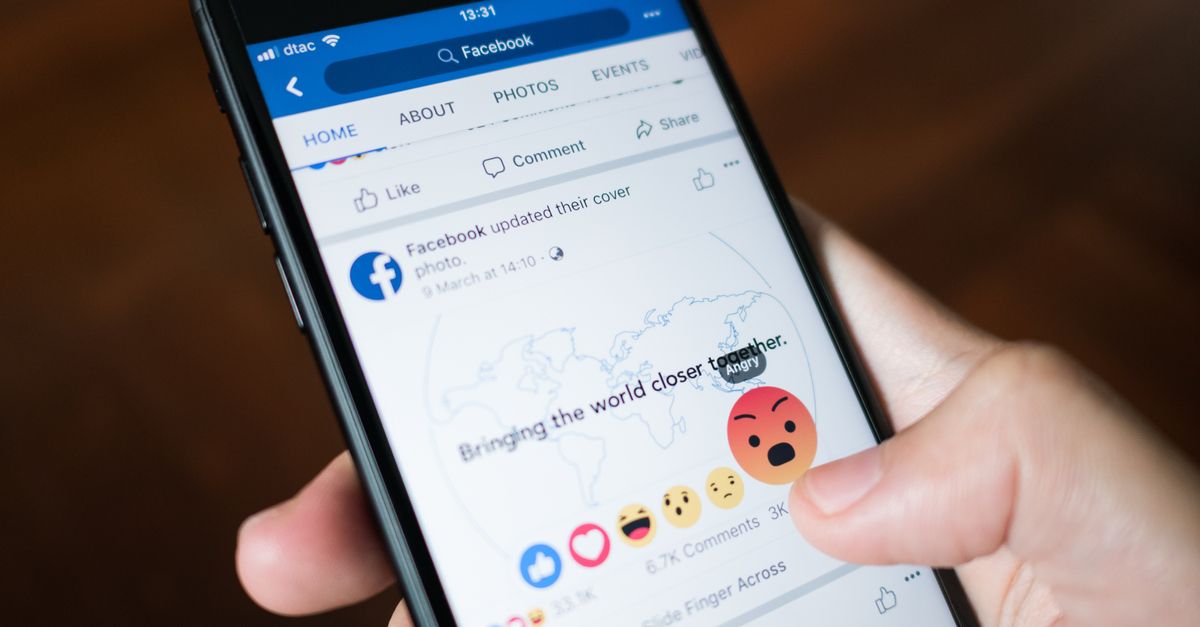Security News

More than six years after Facebook launched its ambitious Free Basics program to bring the Internet to the masses, the social network is back at it again with a new zero-rating initiative called Discover. The service, available as a mobile web and Android app, allows users to browse the Internet using free daily data caps.

More than six years after Facebook launched its ambitious Free Basics program to bring the Internet to the masses, the social network is back at it again with a new zero-rating initiative called Discover. The service, available as a mobile web and Android app, allows users to browse the Internet using free daily data caps.

Israeli spyware maker NSO Group has rubbished Facebook's claim it can be sued in California because it allegedly uses American IT services and has a business presence in the US. Last October, Facebook and its WhatsApp subsidiary sued the software developer and its affiliate Q Cyber Technologies in California, claiming that the firms made, distributed, and operated surveillance software known as Pegasus that remotely infects, hijacks, and extracts data from the smartphones of WhatsApp users. WhatsApp security manager Claudiu Gheorghe in a previous filing identified 720 malicious attacks on WhatsApp from the IP address 104.223.76.220, a server in California provided by QuadraNet and allegedly run by NSO. QuadraNet did not immediately respond to The Register's request to clarify the account holder for that IP address.

Facebook Inc. in 2018 beat back federal prosecutors seeking to wiretap its encrypted Messenger app. Now the American Civil Liberties Union is seeking to find out how.

Attorneys for Facebook and its WhatsApp subsidiary have challenged a plea from spyware maker NSO Group to dismiss the high-level hacking case the two are fighting out, arguing it has immunity from prosecution. Facebook sued the Israel-based NSO Group and its affiliate Q Cyber Technologies last October in the US, alleging the firms "Manufactured, distributed, and operated surveillance software, also known as 'spyware,' designed to intercept and extract information and communications from mobile phones and devices of WhatsApp users."

The records held Facebook users' IDs, which are unique, public numbers associated with specific accounts that can be used to figure out an account's username and other profile info. The initial breach exposed 267,140,436 records of what were mostly Facebook users in the US. Diachenko said that all of the records seemed to be valid.

If you've had that kind of dangerous misinformation coughed up at you on the platform and have liked, reacted or commented on it, expect to start seeing messages in your newsfeed alerting you and letting you know that Facebook has since removed the effluvium. On Thursday, Guy Rosen, VP of Integrity, said in a post that the messages will be shown to those who've interacted with misinformation that Facebook went on to remove.

As it faces a major lawsuit, Zoom is taking a significant step to bolster security and privacy efforts by recruiting an industry heavy-hitter - former Facebook CISO Alex Stamos - to provide special counsel. Zoom now says that it aims to clean up its issues from both the product side and by taking a high-level executive approach, Zoom founder Eric Yaun said in a blog post published Wednesday.

Facebook on Tuesday released a new couples-only messaging app that gives you a place to get "As mushy, quirky, and silly" with your bae as you do in front of each other even when you're apart, keeping it to yourselves and thus avoiding setting off nausea in others. You can use the app - which Facebook has dubbed "Tuned" - to chat and to share your mood, photos, music, love notes and more, or to create a shared, daily "Diary of special moments."

NSO Group - sued by Facebook for developing Pegasus spyware that targeted WhatsApp users - this week claimed Facebook tried to license the very same surveillance software to snoop on its own social-media addicts. The Israeli spyware maker's CEO Shalev Hulio alleged in a statement [PDF] to a US federal district court that in 2017 he was approached by Facebook reps who wanted to use NSO's Pegasus technology in Facebook's controversial Onavo Protect app to track mobile users.